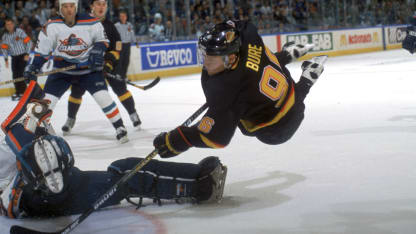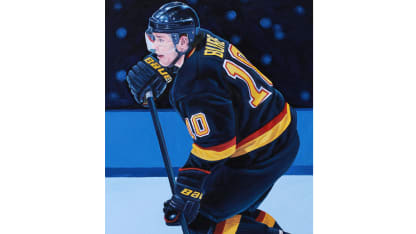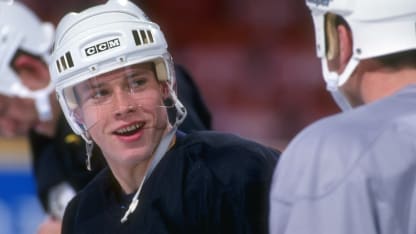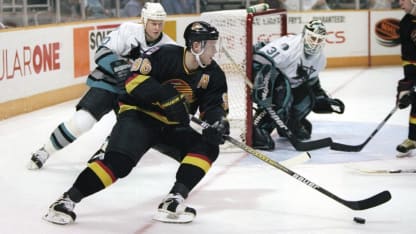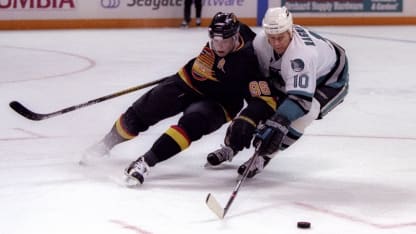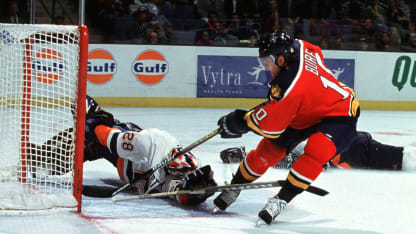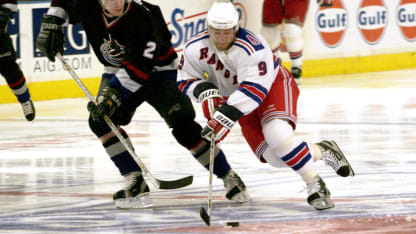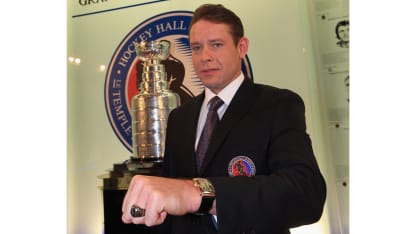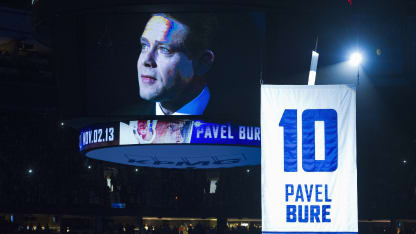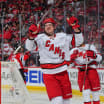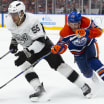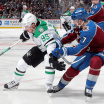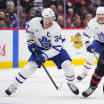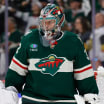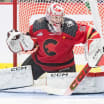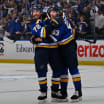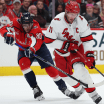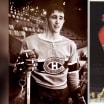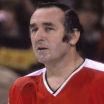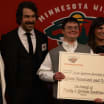But Bure, who had starred for the Soviet Union at the 1989 World Junior Championship on a line with Alexander Mogilny and Sergei Fedorov, came as advertised. He scored 60 points (34 goals, 26 assists) in 65 games in 1991-92, winning the Calder Trophy as the NHL's top rookie.
Then Bure got serious, finishing with 60 goals in '92-93 and '93-94, the latter total leading the League, and scoring more than 100 points in each of those seasons. Bure led the Canucks on an unforgettable Stanley Cup Playoff journey in '94, one that took them to Game 7 of the Final against the New York Rangers. He had 31 points, including a League-high 16 goals, in 24 playoff games that season.
One of those goals was among the most memorable in Canucks history; it eliminated the Calgary Flames in double overtime of Game 7 of the first round.
Defenseman Jeff Brown fed Bure a tape-to-tape outlet pass the wing collected as he accelerated to split the Flames defense and zoom in on goalie Mike Vernon on a breakaway. Bure faked to his backhand before tucking the puck past Vernon on the forehand while Flames defenseman Zarley Zalapski, chasing frantically, tried to hook Bure to the ice. As Bure veered off to the left of the goal, Zalapski slid hard into Vernon like a bowling ball, upending the goalie and leaving both of them tangled up in the goal as Bure scored to give the Canucks a 4-3 victory.
That's the way Bure played. He was so gifted that he made the sublime seem easy, and had opponents tripping over themselves trying to defend him.
Sadly for the adoring Canucks fans, Bure's Vancouver tenure turned out to be frustratingly brief. After seven seasons with the Canucks, Bure, who had been at odds with management for years, sat out to start the 1998-99 season in an attempt to force a trade.
He got his wish when Vancouver sent him to the Florida Panthers on Jan. 17, 1999.
In Florida, Bure he got to play with Valeri, a right wing. He also was able to live something approaching a normal life in Miami, with far less daily scrutiny and no Pavel-mania.
